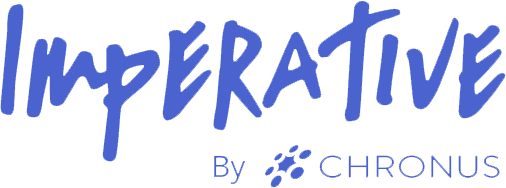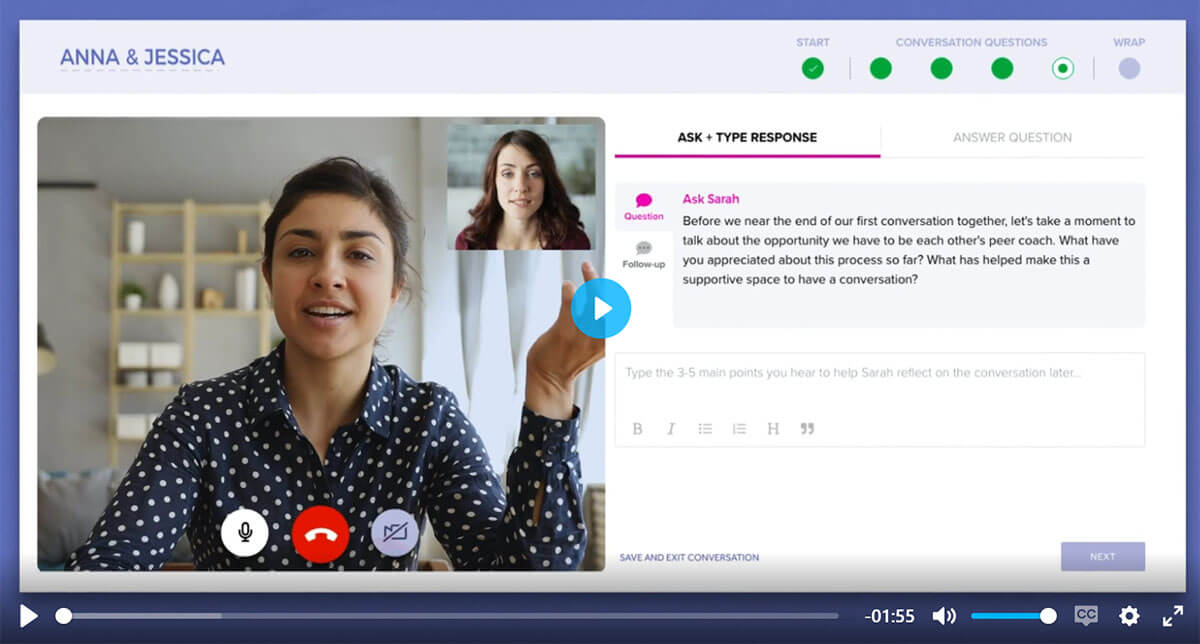Company Inclusion: How Networks Increase Inclusion

Many organizations have increased their investments in diversity, equity and inclusion over the past year, and rightly so. Company inclusion is a key factor of company culture, which significantly impacts every part of a business. It’s an area that desperately needs time, attention and resources.
Workforce Management estimates that companies spend a combined $8 billion on diversity and inclusion training annually. For the most part, companies have focused on anti-bias training, mentoring programs, employee resource groups, and adding DEI roles. Yet, with all this increased investment, it’s difficult to measure how effective they are at making a meaningful difference at creating an inclusive environment.
Building an Inclusive Culture: Getting a Clearer Picture
It’s clear there’s still much work that needs to be done for inclusion efforts, which is why Rob Cross’s recent MIT research is such a bright spot in this area. After decades of research and work in the field of organizational network analysis (ONA), he and his team finally got access to race and ethnicity data in 10 organizations, for groups ranging in size from roughly 1,800 to 16,000 people, so they were able to explore drivers of inclusion for people of color. What he found was fascinating, and, at times, counter to what we assume will “work.”
At a high level, he and his team concluded that by analyzing employee’s internal networks, organizations can get a clearer picture of whether DEI programs are actually working or not. Networks were the key way they could get insights into how connected to the organization employees were and were the basis to learn the key indicators of realizing inclusion.
Specifically, their research and analysis lead to uncovering three ways networks make a difference in realizing inclusion across organizations. These factors consistently correlated with faster rates of promotion and longer tenures:
The Inclusive Work Environment: Three Keys
1. Support Inclusion Initiatives Through Peer Relationships
So much DEI work is focused on sponsorship and mentorship, but network analysis revealed that the most powerful types of relationships when it comes to realizing inclusion and increasing retention are peer relationships. “It turned out that people who had more mentoring and career-support interactions with senior people were less connected in the network overall and more likely to leave the organization,” Rob Cross said.
2. Mobilize Inclusion Efforts: Bridging Ties & Breaking Down Silos
According to Cross’s research, “In all 10 organizations, higher promotion and retention rates also correlated with less insular networks that allowed people to produce more creative and comprehensive solutions over time. Indeed, cultivating and maintaining ties across functional and geographic lines was the largest network-related predictor of advancement and retention in the organizations we analyzed.”
3. Inclusive Workplace Culture Starts with Early Connections
Building early connections and using them frequently was highly correlated with employees who enjoyed rapid promotion and had longer tenure at the company. “The insights people gained allowed them to apply their expertise to address those needs, which in turn made their skills more visible in the organization and created demand for their contributions,” Rob Cross said.
Activate Inclusion Efforts Through Meaningful Conversation
To sum up their findings: connections with peers that are created early and bridge functional/geographical boundaries are the most impactful in the context of realizing inclusion. Having these insights is powerful, but bringing it to life has been a challenge in the past.
Imperative’s platform is scientifically engineered to create meaningful relationships, break down silos and is continuous, so can easily be implemented at any state of an employee’s experience.
To learn more about how we can bring this to life at your organization, how to improve your company culture, and how we’ve helped other organizations like Boston Scientific and ICF scale inclusion through relationships, submit a request to speak with someone on our team!







